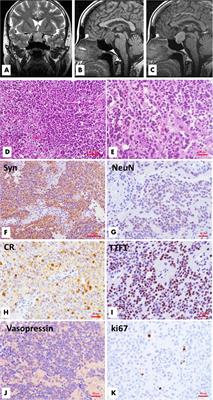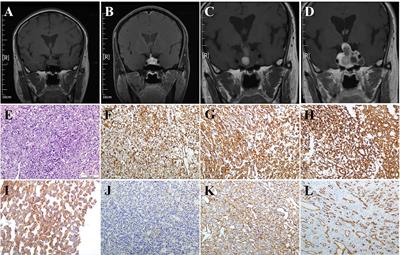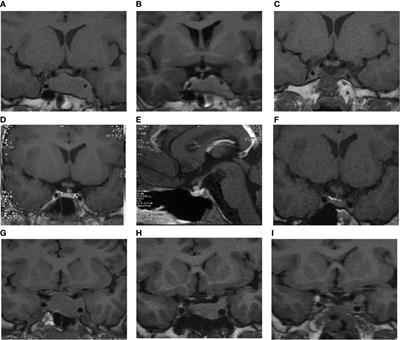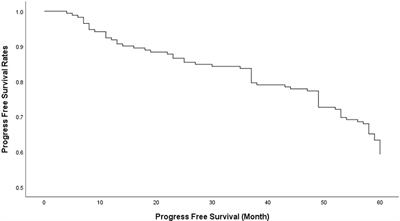EDITORIAL
Published on 24 Aug 2022
Editorial: The progress of rare lesions of the sellar region
doi 10.3389/fendo.2022.978284
- 992 views
- 1 citation
22k
Total downloads
71k
Total views and downloads
You will be redirected to our submission process.
EDITORIAL
Published on 24 Aug 2022
ORIGINAL RESEARCH
Published on 09 Jun 2022

ORIGINAL RESEARCH
Published on 18 May 2022

ORIGINAL RESEARCH
Published on 12 May 2022

ORIGINAL RESEARCH
Published on 06 May 2022

MINI REVIEW
Published on 04 May 2022

ORIGINAL RESEARCH
Published on 25 Apr 2022

ORIGINAL RESEARCH
Published on 06 Apr 2022

ORIGINAL RESEARCH
Published on 15 Mar 2022

ORIGINAL RESEARCH
Published on 28 Feb 2022

ORIGINAL RESEARCH
Published on 23 Dec 2021

ORIGINAL RESEARCH
Published on 14 Dec 2021

